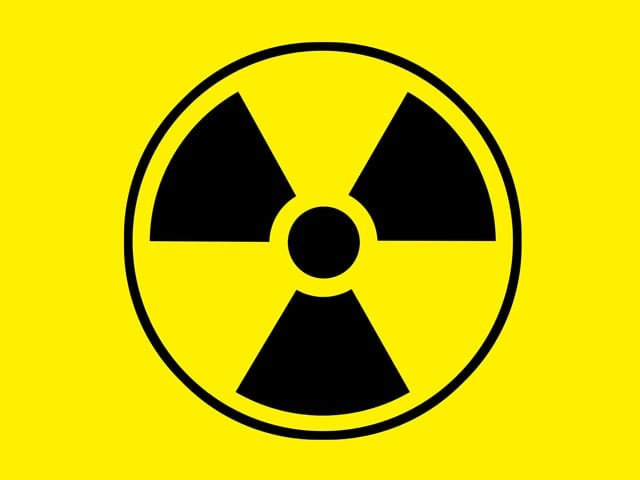Rebooting: KANUPP licence expires in Dec, plans afoot for extension
The level of radiation in a recent leak was so little that it could be contained by a thin film of plastic.

“A renewal of the licence depends on a thorough review of the plant’s performance,” said Zaheer Ayub Baig, the director-general of the Pakistan Nuclear Regulatory Authority (PNRA). “We will also take into account the international standards and their implementation at Kanupp before taking a decision.”
The 80-megawatt Kanupp declared a temporary emergency on Wednesday morning after a pipe carrying heavy water to the reactor leaked leading to fears that radiation had spread. “A heavy water spill is a matter of routine,” said Ayub. “These plants are designed considering that such problems will occur.”
PNRA has no reports about radioactivity in the heavy water exceeding the permissible limit, he said. “We have already taken a lot of precautions and one of those is that Kanupp won’t produce more than 80 MW.”
Kanupp, which is located 15 miles from Karachi on the Arabian coast, started operations in late 1972. It completed its 30-year life span in 2002 and since has been upgraded. But the plant is slated to be decommissioned by 2016, when the extension expires.
Baig said that radiation was enough to be contained by just a thin film of plastic. He did not say if there are any plans to decommission the plant.
However, a Kanupp official who asked not to be named said that management was reviewing ways to upgrade the facility so that it can operate for two to three more years.
“There was some level of radiation but nothing to worry about,” said Kanupp spokesman Tariq Rashid. “I can’t state the quantity of heavy water that was leaked. We don’t quantify that.”
A heavy water leak in the plant during a maintenance procedure pushed authorities to declare an emergency and evacuate employees from the affected site. “It could have suffered extensive damage if the plant was running,” said a Pakistan Atomic Energy Commission (PAEC) official.
Employees have since gone back to work. There have been no reports of injuries. Around 1,700 people work at the plant, which has been shut for most of the time in the last decade.
Karachi University Pro-Vice Chancellor Shahana Kazmi commented that gathering facts about radioactive leaks remains difficult in the absence of any independent monitoring system in the country. “If the radioactive content is high then water can be contaminated and mutate marine life,” she said. “People who live in nearby villages can also be exposed to radiation. It directly affects the DNA and can cause multiple illnesses.”
Chances of heavy water leaks rise as the plant ages, she said. “We must work on a strong monitoring system for the sake of public safety.”
“Whether or not a [radioactive] leak occurs in the water or the atmosphere, it is harmful for both human as well as marine life,” was the opinion of Dr Jamal Pirzada, who runs the Centre of Excellence in Marine Biology at the University of Karachi. “Of course even if it occurs in the sea it can affect us through the food chain.”
When radioactive material enters the sea and is consumed by smaller sea animals such as shrimp or small fish, the magnitude of radioactivity multiplies 10 times in the sea animal which eats it. This process continues with the radioactive intensity increasing each time. Eventually when some of these fish or shrimp end up on dinner plates, they can prove very damaging to biological systems. They may even have effects as severe as cancer, he explained.
Of course, to some extent, the sea can dilute the radioactive substance but it depends on the dose and the nature of the substance. What ends up happening is that radioactive content in the sea raises the temperature of the water by a few degrees. “Fish and other moveable marine life not liking the change may leave almost immediately. However, other attached or unmovable marine life, such as corals, end up getting damaged and bleached over time.” Calling corals the rainforest of the sea, Pirzada said, “This is a sheer loss of biodiversity.” Corals are present in the water surrounding Charna Island near Kannup.
with additional reporting by Mahnoor Sherazee & adil jawad
Published in The Express Tribune, October 21st, 2011.



















COMMENTS
Comments are moderated and generally will be posted if they are on-topic and not abusive.
For more information, please see our Comments FAQ